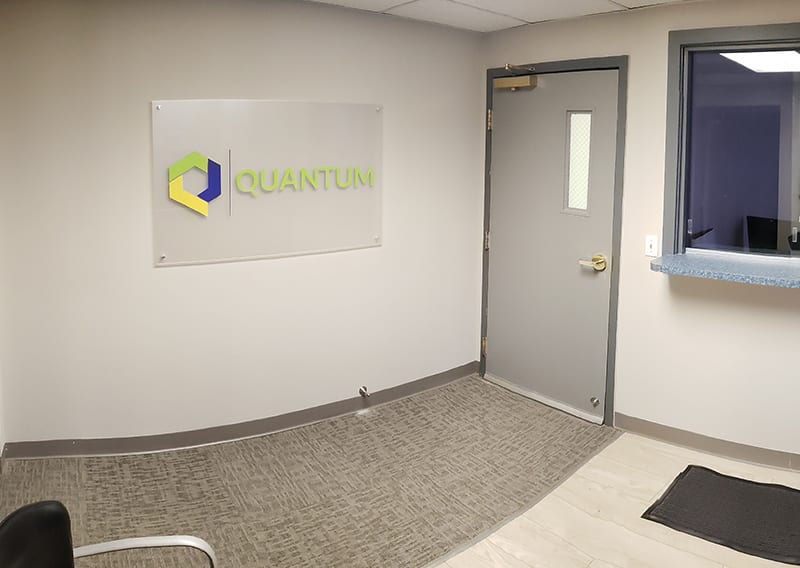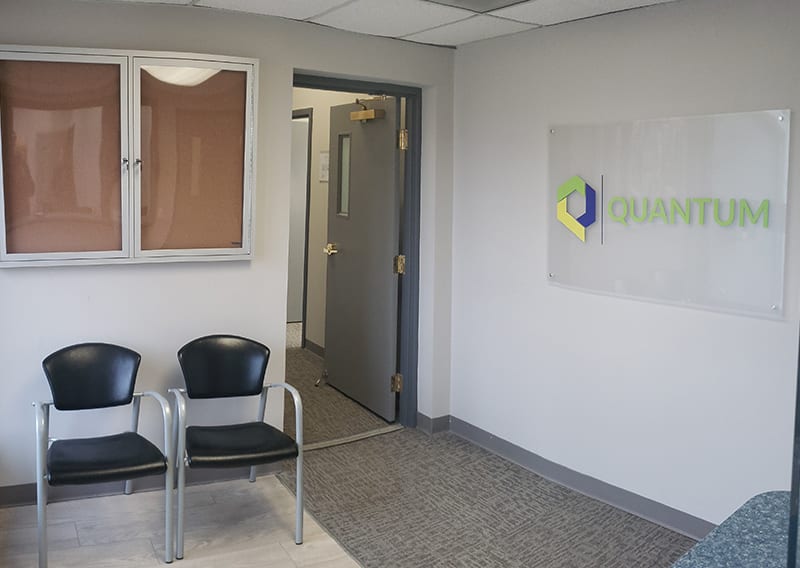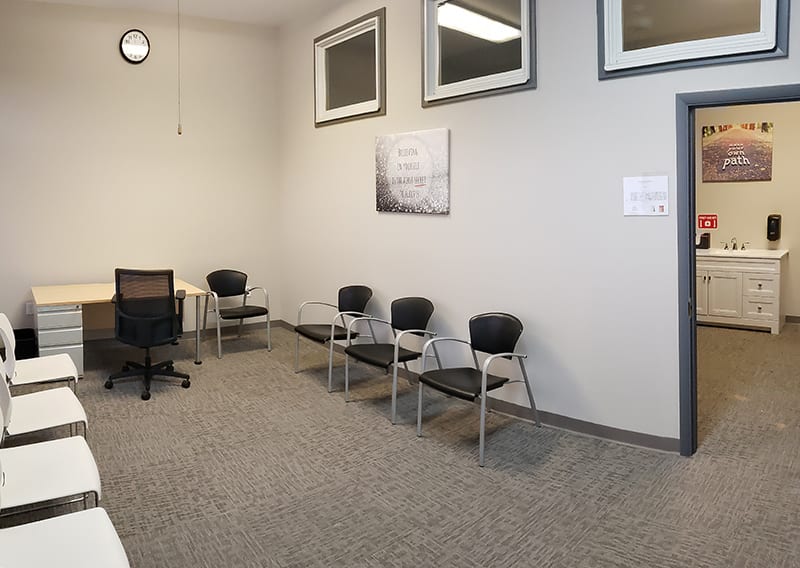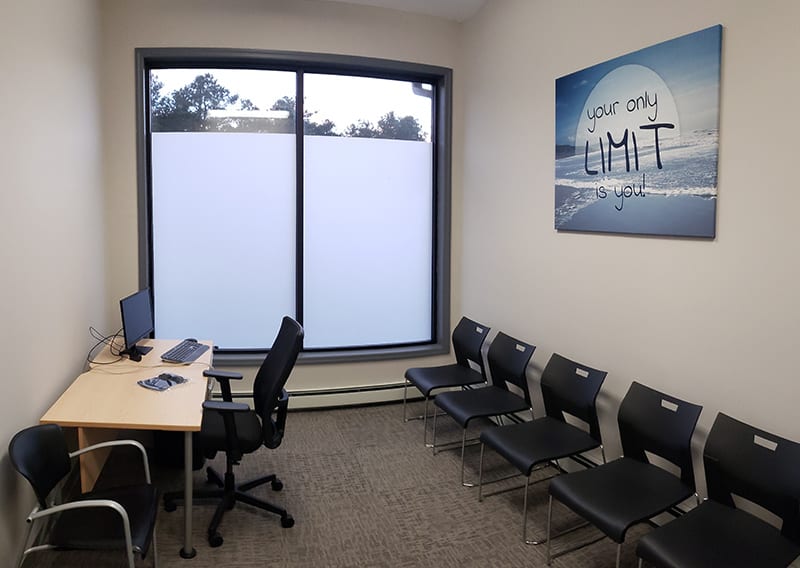Top Rated Alcohol Detox Program in Edison
In Edison, the top-rated alcohol detox programs can be found through Quantum Behavioral Health. At our facility, you are not just a number—you are a unique individual who will be treated with dignity, kindness, and respect.
Unlike larger, corporate facilities, our smaller setting allows for a more personal, individualized approach to rehabilitation. Our teams will not only become an essential part of your support system, but we will also take the time to build relationships with families and friends involved in your success.
Quantum Behavioral Health recognizes that recovery is not a solo journey. It requires the safety of being surrounded by support and security in knowing you have all the tools you need. We will not only provide you with these tools, we hope to provide support for the people in your life as well.
Photo Gallery
Click photos to enlarge
Are You Ready to Begin Your Journey to Recovery?
You could be completely covered. Verify Your Insurance Today.
The Quantum
Process Outpatient Rehab NJ
1. Make the Call
Contact our Quantum Team at
(609) 993 – 0733 to get started.
2. Complete
Your Intake
This streamlined process includes a series of questions and discussion of your unique needs and goals.
3. Get the Best Care Team Possible
After your intake, you’ll meet your Care Team, a group of amazing professionals dedicated to helping you make recovery reality.
4. On-Going Support
After you meet your Care Team, you’ll start to receive treatment based on a Care Plan that’s designed to help you achieve and sustain your recovery.
What is Alcohol Detox Like?
Alcohol detox is the critical first step in addressing alcohol abuse. It takes courage, honesty, and self-awareness to recognize when help is needed. To access detox, it is the responsibility of the individual to request this service and be prepared to follow through with its actions. While we can offer every service and strategy, it is up to you to put them into action.
During detox, alcohol is completely flushed from your system resulting in a range of physiological and psychological symptoms. The initial symptoms may last approximately 1-2 weeks, while others may last months or years. Due to this, many people hesitate to detox from alcohol fearing the potential effects, yet the long-term benefits are unparalleled.
Considering the unpredictable nature of withdrawal, detoxing at a medical facility is highly recommended. At Quantum Behavioral Health, we take pride in knowing that our staff is highly trained, educated, and compassionate in their care. You will be monitored and supported every step of the way while having access to resources and services curated for your needs.
What To Expect During Detox?
While there are general expectations for detox, each individual’s experience will vary based on the frequency and quantity of alcohol consumed. The higher each of these factors is, the more severe withdrawal symptoms may be. As a result, medical detox is highly recommended to ensure the effects of withdrawal are addressed properly and promptly.
When you are admitted to detox, you can expect to experience the following:
- Extensive Medical Assessment: Before beginning a medical detox, patients must undergo a thorough medical assessment. This is used to gain a better understanding of patient needs and prepare a personalized detox plan. Honesty is of the utmost importance during this step to guarantee the medical team is prepared for possible outcomes.
- Withdrawal Symptoms: As the blood alcohol level is reduced, patients will begin to experience an array of withdrawal symptoms. These symptoms will range from moderate to severe and can begin within 1-2 hours from the start of detox. (See Symptoms of Alcohol Detox below for further information.)
- Prescribed Medications: To cope with the discomfort, physicians may prescribe medications that are intended to ease the effects of withdrawal symptoms. Though medications will not remove all symptoms of withdrawal, they can assist in addressing anxiety and depression, and support regular sleep.
- 24-Hour Support: One of the number one benefits of medically assisted detox is 24-hour support. Not only will you ensure that your needs are met, but you will also be monitored for any life-threatening side effects.
How Long is Detox?
Typically, detox lasts anywhere from 7 to 10 days. Though it should be noted that the timeline will vary case by case. As mentioned in the previous section, frequency, and quantity of use will make a difference.
To strengthen the extended benefits of medical detox, patients will be encouraged to transition to inpatient or outpatient rehab programs. On average, inpatient programs will last approximately 28 days, while outpatient programs may be ongoing. It is during this time that you will receive continued care to address both physiological and psychological needs.
Medical detox is simply the first piece of the puzzle in securing a life-altering future—for the better. It is highly recommended that patients move forward through the full continuum of care and continue developing strategies for sober living.
Symptoms of Alcohol Detox
Though the benefits of alcohol detox are undeniable, it is not an easy process. When preparing, it is important to be aware of the various withdrawal symptoms—physical and psychological. This awareness may make them easier to manage and provide you with the resilience you need to succeed.
Some physical withdrawal symptoms include:
- Headaches
- Sweating
- Nausea
- Insomnia
- Fatigue
- Tremors
- Seizures
- Hallucinations
- Disorientation
- Delirium Tremens (DTs-in extreme cases)
Physical symptoms will appear within hours of last use and hit their peak within the first week. Along with these, you can expect to experience psychological symptoms as well. These symptoms may include:
- Irritability
- Anxiety
- Confusion
- Dizziness
- Paranoia
- Depression
- Agitation
- Inability to concentrate
- Extreme mood swings
- Intense alcohol cravings
Psychological symptoms may begin in detox and continue throughout each step of recovery. It is recommended that you seek and implement proper support to address underlying mental health conditions.
While physical withdrawal symptoms are more immediate and noticeable, ensuring care for psychological needs is the key difference to achieving long-term success.
Acute Detox
Acute detox refers to the severe, immediate effects of stopping alcohol use. These are withdrawal symptoms that will be experienced within the first 7 days of the detox period and may become life-threatening if not monitored. Symptoms typically present in three stages after stopping the consumption of alcohol.
Stage One—6 to 24 hours. Symptoms in stage one are considered to be mild and may include headaches, nausea, vomiting, loss of appetite, anxiety, mood swings, sweating, restlessness, and alcohol cravings.
Stage Two—24 to 72 hours. Stage two symptoms are referred to as moderate and may include irritability, mental confusion, hallucinations, increased blood pressure, difficulty breathing, and seizures.
Stage Three—72 hours to 7 days. In the final stage of acute detox, symptoms may be severe and should be closely monitored. Symptoms include excessive sweating, fever, increased heart rate, tremors, hallucinations, and delirium tremens (DTs).
Though it is not recommended, if you choose to detox at home, it is critical to ensure you are not alone, you are closely monitored by someone you trust, and an emergency plan is in place should symptoms worsen or persist.
Sub Acute Detox
Sub-acute detox refers to the less severe, yet persistent symptoms that follow the initial detox period. While these symptoms may not present as severe initially, they do have long-lasting effects on a person’s recovery and should be addressed consistently.
Some notable sub-acute symptoms include anxiety, depression, hostility, mood changes, and many other underlying mental health conditions. In the early stages of sobriety, it is common for these symptoms to hide under the layer of improved physical health. Patients should be prepared that psychological symptoms are likely to surface and be vigilant in addressing them.
Through outpatient rehab services and continued perseverance in the quest for sober living, sub-acute detox symptoms can be managed and overcome.
Why Choose Quantum Behavioral Health For Alcohol Detox Near Me
Quantum Behavioral Health would be honored to serve you in this vital step toward recovery. We are a smaller facility within a nationwide network of treatment centers and are confident we can provide what you need.
With an array of services at our facility, we hold everyone to a high standard of excellence and guarantee professional and caring staff. We understand that seeking help and assistance can often be a daunting and nerve-racking task. We are here to show you that asking for help is not a sign of weakness, rather it is a display of true care for yourself and others.
At Quantum Behavioral Health, we pride ourselves on the ability to view each case with a whole-person approach involving you and your loved ones. We are committed to not only your needs, we happily connect with your loved ones too. We recognize that many moments along the journey may feel isolating—we want you to know that they don’t need to be.








